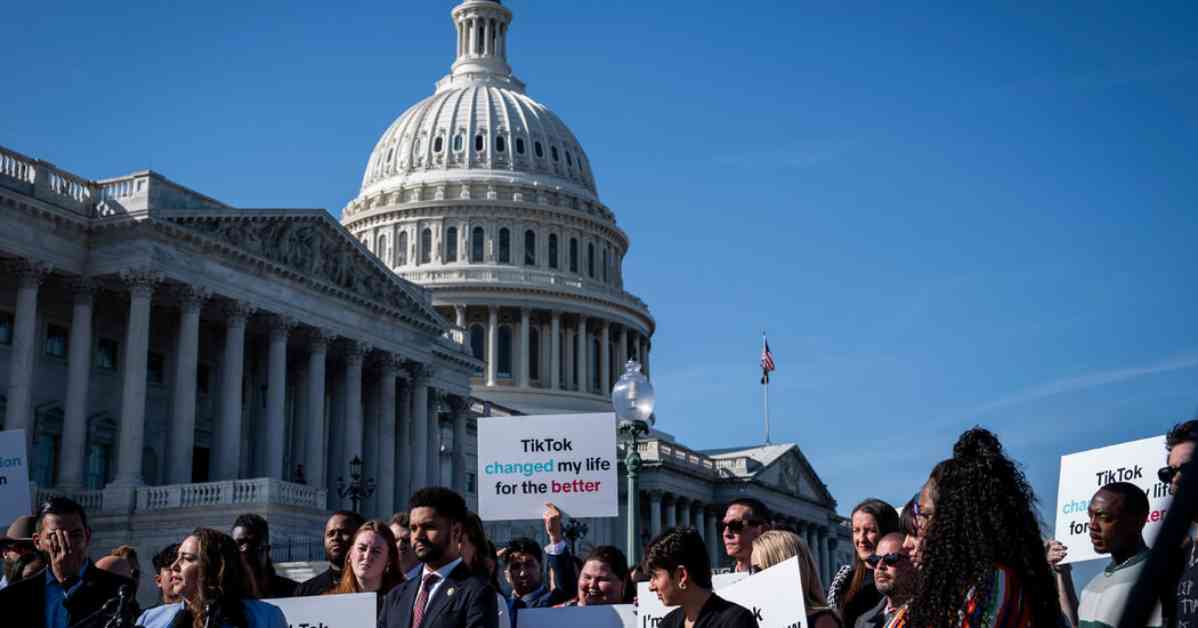TikTok recently made a detailed argument against a new federal law that could potentially result in a ban of the popular video app in January. The company believes that this legislation is an “extraordinary restriction on speech” and unconstitutional. According to TikTok, Congress did not carefully consider the law, which would require the Chinese owner of TikTok to sell the app or face a ban in the U.S.
The company filed its arguments with the U.S. Court of Appeals for the District of Columbia Circuit after suing to block the law in May. TikTok stated that the law deviates significantly from the country’s tradition of supporting an open internet and sets a dangerous precedent by allowing political branches to target and potentially shut down a speech platform they disapprove of.
TikTok also expressed concerns about whether Congress took into account the company’s efforts to find a compromise with the Biden administration. To support its claims, TikTok released a collection of documents detailing confidential meetings and interactions with top federal officials, most of which were previously undisclosed.
Among the newly released documents is a 90-page proposal outlining TikTok’s plans to address American national security officials’ concerns about the app. These concerns include fears that the Chinese government could exploit TikTok to spread propaganda or gather sensitive user data.
TikTok’s disclosures aim to reinforce its argument that the law signed by President Biden in May is unconstitutional. The company highlighted that a ban on the app would violate the First Amendment, and it is determined to fight against it through legal channels.
Overall, TikTok’s efforts to address U.S. concerns regarding the potential ban of the app reflect its commitment to defending free speech and protecting user privacy. By providing transparency through the release of confidential documents, TikTok aims to demonstrate its willingness to engage with government officials and find a solution that satisfies all parties involved.



